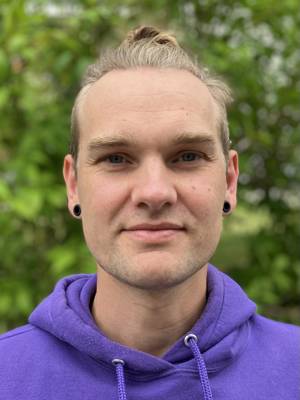In many countries across the world, the struggle over democracy remains a real and pressing concern. Yet, whereas some pro-democracy movements have been successful in prompting democratization, others have been violently shut down by dictators who successfully clung to power. Some movements that initially prompted real democratic gains have later seen these reversed.
Why do some pro-democracy movements succeed, while others fail?
The project Mobilizing for and against Democracy (MoDe) proposes that an answer to this important question can be found in the characteristics of the social groups that mobilize to support or oppose democracy. MoDe will through novel theory-development, an ambitious data collection effort, and a combination of statistical and case-oriented research methods offer a comprehensive picture of how democratization trajectories over the past 250 years have been shaped by the interest, capacity and interaction of the social groups involved.
MoDe will analyze why particular social groups, for example students, land-owners, the military or industrial workers, mobilize to support or oppose a non-democratic regime. It will moreover examine how the composition of the coalitions that mobilize for or against the autocratic regime influence the likelihood of democratization; the risk of violence during the transition; the type of institutions implemented in the new regime; and the long-term prospect for democratic consolidation. Doing so, MoDe promises new knowledge regarding when democratization efforts succeed or fail.
Read more about this project, and other PRIO projects on protest, by following this link.
The project will start up 1st July 2020.
This project is funded by the Research Council of Norway under the FRIPRO programme.



















